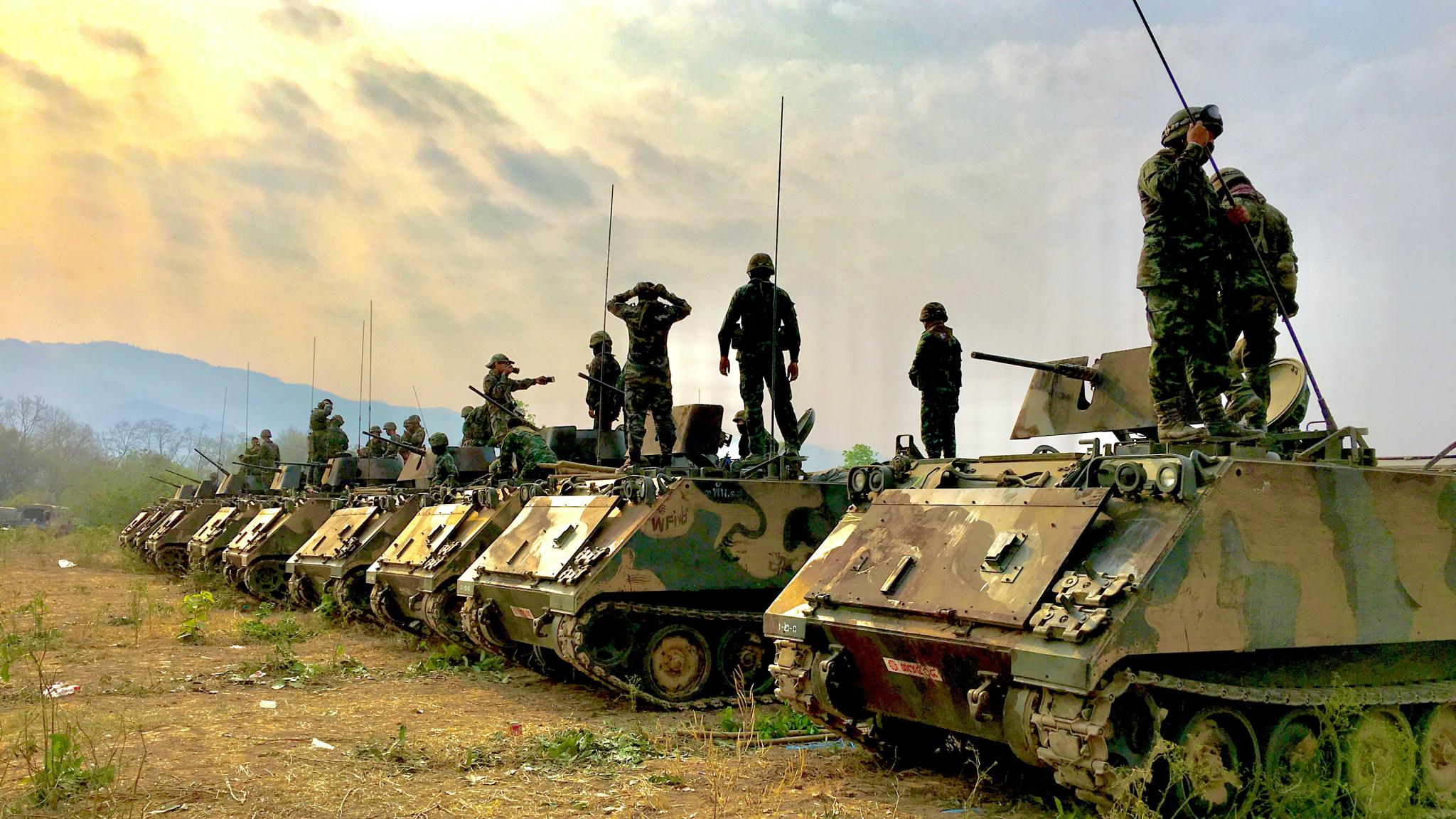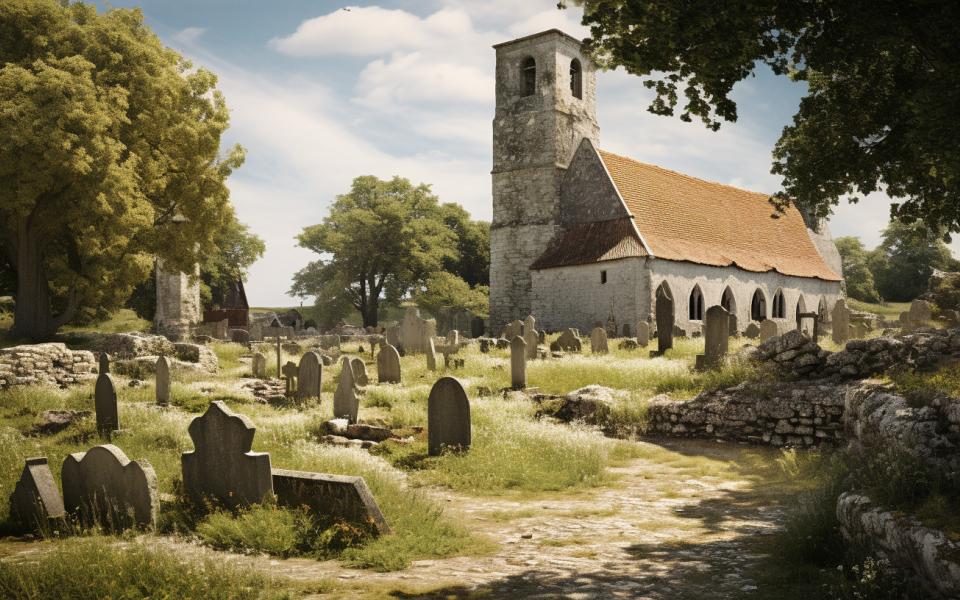Heading a Swedish center for research on the ethics of war
The view of the ethics of war that dominates public, legal and political discourse dates back to the Middle Ages. Helen Frowe, who is a professor of philosophy, has incorporated new and challenging perspectives in her research. Among other things, she is studying the moral responsibility of the individual in war, and whether humanitarian interventions can be morally justified.
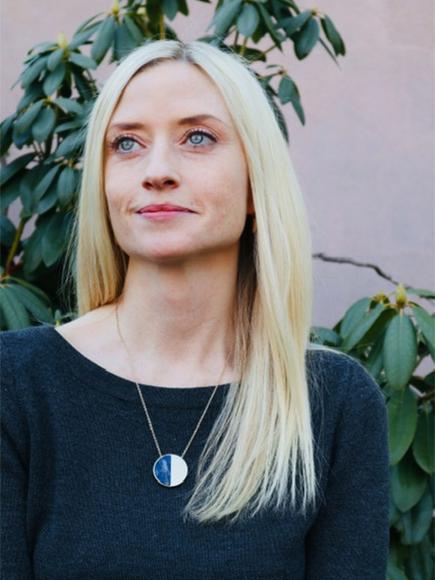
Helen Frowe
Professor of Philosophy
Wallenberg Scholar
Institution:
Stockholm University
Research field:
Ethics of war and peace
Over the past few years Frowe has established a new research center at Stockholm University: the Stockholm Centre for the Ethics of War and Peace. The center is funded by a Wallenberg Scholar grant, and has a core team of three–four researchers. The funding has enabled the center to invite researchers from all over the world to conferences and workshops. Those invited include philosophers, political scientists and lawyers. There is also a collaboration with various experts, for example from the British Museum and the U.S. Military Academy at West Point.
“Our meetings have generated cross-fertilization between subjects, and have borne fruit in the form of new research issues,” Frowe says.
The issues addressed at the center cover a broad span – from responsibility for war crimes and protection of cultural heritage in times of war to eternal themes such as the morality of war and justifications for war.
“Our research has a pronounced theoretical dimension, but we often work with practical applications for current problems, both in and outside war,” Frowe explains.
“The grant has given me great freedom in my research, as well as the resources to shape the direction of travel within the field and to make long-term research plans. Among other things, I have been able to invite researchers to attend specialized workshops in a way that wouldn’t have been possible without this support.”
From collective to individual responsibility
Theories of just war have traditionally been premised on states being the morally relevant actors. This is originally a Catholic approach to understanding the morality of war, and derives from thinkers such as Saint Augustine and Thomas Aquinas. This philosophical framework emphasizes the collective: war is fought between political entities, not between individuals.
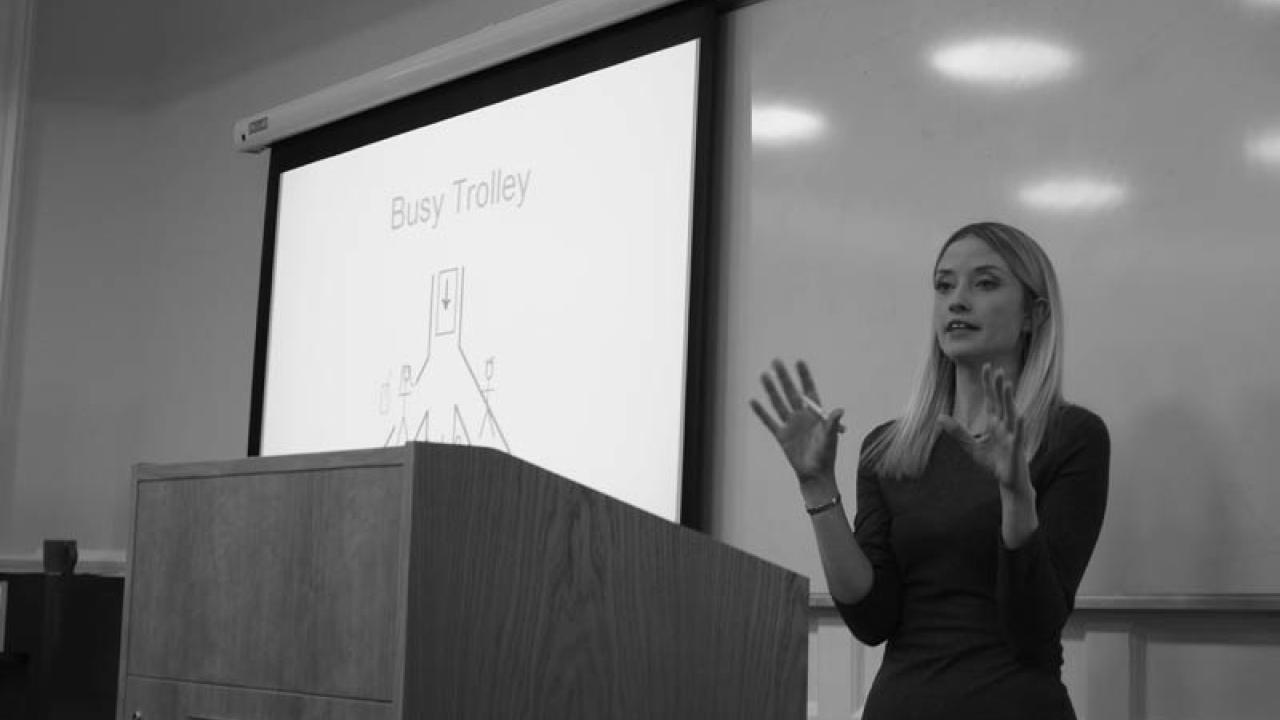
“Those who espouse this view consider war to be sui generis – a unique state that cannot be judged according to the moral principles that apply in daily life. According to this view, when soldiers fight in war, the fact that they do so as part of a political collective means that their actions are not subject to the usual moral rules. But we can challenge this view,” Frowe says.
The limitations of the traditional framework have been highlighted by the growing terrorism seen in recent decades. Terrorist groups behave as individual actors, not on behalf of a state. It has become increasingly important to determine the extent to which individuals and small groups can be held legally responsible for warlike acts. But philosophically speaking, it is also a question of a fundamental moral position.
“If it’s morally wrong of me to kill you, this surely will not change just because I join a group whose aim is to kill you. Nor will it change if I want to kill you for political reasons.”
Intervention skeptic
Over the years Frowe has had reason to re-evaluate her own standpoints. One example is how she now views humanitarian interventions against oppressive regimes.
“I used to be more or less in favor of states intervening to protect the civilian population, for example. But the more I’ve pondered these issues, the more skeptical I’ve become.”
She elaborates her reasoning in an article published in 2020. It has become more common for major powers to fund foreign rebel forces instead of deploying their own troops. This approach is seen as a morally tenable middle way between not doing anything and risking the lives of the country’s own soldiers. But we have reason to doubt that states may use their resources in this way.
“War is an inefficient way of saving lives. The bottom line is how states can best use their money. If they really are trying to save lives, it would be much more efficient to spend the money on medicines and health care in poor countries.”
It might be countered that military intervention is essential to stabilize a region, but Frowe points out that the same objective can be achieved by improving public health.
“Long-term aid may actually prevent armed conflicts, but governments often adopt a short-sighted approach because they are focused on re-election.”
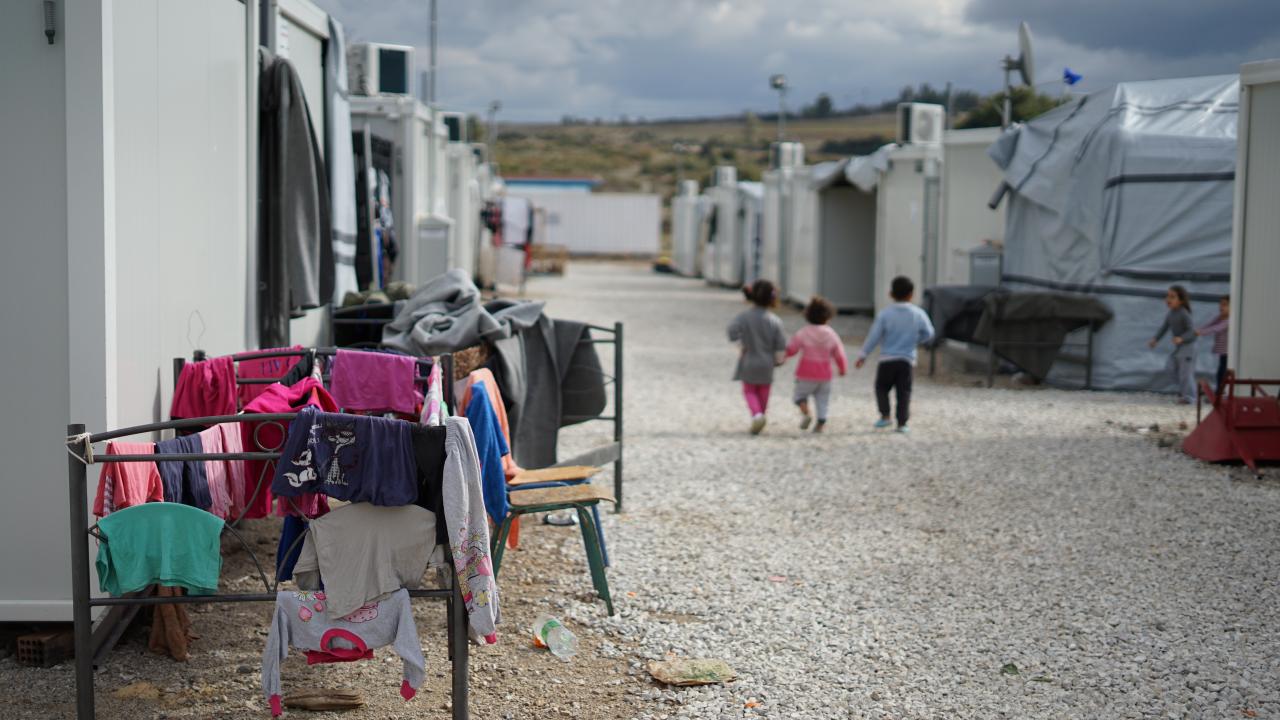
Hard to protect cultural heritage
Cultural heritage in the context of war is another topic that interests Frowe. She and a British colleague are now writing a book on the subject.
“The idea came to us after the latest armed conflicts in the Middle East, when ISIS destroyed cultural heritage monuments and sites, such as the Temple of Bel in Palmyra.”
Under the Hague Convention of 1954, tangible cultural heritage must be protected in the event of armed conflict, but it is not clear how the risks of harm to people should be weighed up in relation to protecting cultural heritage.
“It’s a conflict of interests that has not been explored. In brief, we consider it much harder to justify protecting cultural heritage than is generally believed – not because it isn’t valuable, but because its importance has to be weighed up against the risk of people being injured or killed.”
In the future Frowe hopes that the center will continue to contribute unexpected perspectives on ethics in war and peace.
“Our research sometimes takes unforeseen pathways. At the moment, for example, we’re researching more on migration and refugees. This is an area involving moral issues similar to those arising in war: when do we have a duty to save other people, and is it more important to save people threatened by persecution than economic migrants living in poverty, for example?”
Text Nils Johan Tjärnlund
Translation Maxwell Arding
Photo Julie Ricard on Unsplash, Chuanchai Pundej on Unsplash, Jeff McMahan, Eva Jarlsdotter
